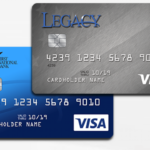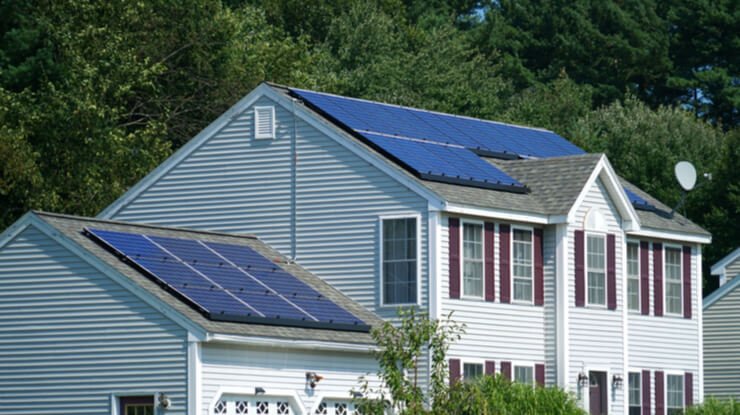Solar Panels on Your Home Can Help Save You Money All Year Long
In past years, updating your home with solar panels was considered a strictly environmentally sound choice, rather than a money-saving endeavor. However, in recent years, motivations have changed with many homeowners, and millions of citizens have been inspired to switch to a more economically positive energy solution. These positive changes are due widely to the government incentive savings programs that are now available to homeowners within qualifying zip codes.
How Can Solar Panels Save Me Money?
The cost of electricity is rising and is showing no sign of slowing down. Investing in solar power panels for your home is a good idea, especially when you consider all of the government savings programs and tax breaks that are currently up for grabs with homeowners. To correctly gauge the amount of money you will save on your electric bill with solar panels, you must first use your electric bill to figure out the exact amount that you pay for your home’s energy. Then you would compare your price point to that of the average solar power cost. The savings after just a few years climbs into the thousands.
In the last decade, the price of solar power panel installation has decreased significantly, making these environmentally friendly power sources a much more viable option for millions of homes. There are programs now open for qualifying homeowners that will offer high rebates for the purchase of the panels. This allows families to lower their power bills with affordable costs drastically.
What Are Government Incentives Currently Available for Solar Panels?
As of June 2020, the federal United States government is currently offering a residential tax credit to all American homeowners who have installed solar panels as an alternate energy source for their houses. The federal tax credit allows the taxpayer to claim 26% off installation costs for solar panels that are put into use before December 31st, 2020. It would be advisable for all homeowners considering solar panels that installing now, rather than later, would be better. Once we enter the year 2021, the federal tax credit is subtracted down to only 22%, and as of right now, there is no plan to continue the tax credit past December of 2021. If you would like to find out if your home and zip code qualify for federal and local government incentives, there are several tools available online for you to do so. Visiting yourmoneymagic.com can quickly inform you of local tax breaks and financial benefit options that you may qualify for.
There are also other credits available to residents at a more local level, depending on their zip code. If you live in a qualifying state, there may be additional government incentives to purchasing solar panels, such as:
• Waived fees on solar panel installation
• Cashback incentives on solar panel purchases
• Property tax exemptions for solar panel powered homes
• Fast-tracked installation permits from your city hall
The amount of time that these local monetary incentives are unknown and not guaranteed. As solar energy grows in popularity and uses the government’s benefits to offer financial breaks on solar power installation dwindles. Homeowners should be aware that time is ticking, and if they are considering solar panel installation in their home, there has never been a more beneficial time.
How Do I Learn More? To learn more about saving money by switching to solar power panels, contact the experts at Your Money Magic, at yourmoneymagic.com. Our professionals will be happy to answer any questions you may have.


































































